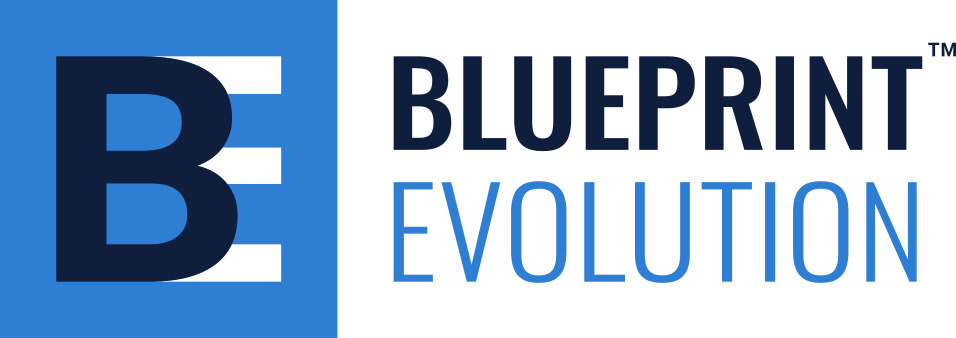Modern organizations are increasingly recognizing the significance of inclusive recruitment and hiring practices. These practices not only contribute to creating more diverse and vibrant workplaces but also play a critical role in driving organizational success. By understanding the importance of inclusivity and diversity in workplaces, companies can unlock a wealth of benefits, ranging from enhanced creativity and innovation to improved employee satisfaction and retention not to mention better financial performance.
The Essence of Inclusive Business Practices
At the heart of inclusive business practices lies the commitment to creating an environment where diversity is not just acknowledged but celebrated. This encompasses a broad spectrum of dimensions, including race, gender, age, sexual orientation, cultural background, and physical abilities, among others. Inclusive recruitment and hiring practices are foundational elements of this approach, ensuring that organizational processes are designed to attract, evaluate, and onboard candidates from all backgrounds and experiences.
Why Inclusive Recruitment Matters
Inclusive recruitment is about more than just filling vacancies; it’s about shaping the future of an organization. It involves proactive efforts to reach underrepresented and minoritized groups, removing biases from the recruitment process, and ensuring that job descriptions and requirements are accessible and equitable. By intentionally evaluating outdated policies and practices, companies can access a larger pool of talent, bringing in fresh perspectives and ideas that are crucial for innovation.
Implementing Inclusive Hiring Practices
Inclusive hiring practices build on the foundation laid during the recruitment phase, focusing on fairness and equality throughout the selection process. This includes structured interviews to minimize unconscious bias, diverse hiring panels, and the use of inclusive language in communications.It also involves providing accommodations for candidates as needed, ensuring that everyone has equitable opportunities to showcase their capabilities.
The Importance of Diversity in Workplaces
Diversity in workplaces is not just a moral imperative; it’s a strategic advantage. A diverse workforce brings a variety of viewpoints to the table, enabling companies to better understand and serve their customer base. It fosters a culture of creativity and innovation, as different perspectives often lead to unique solutions to complex problems. Companies that prioritize diversity and inclusion are better positioned to attract and retain top talent because they acknowledge the value and need of creating equitable and supportive environments.
Benefits of Inclusive Workplaces
Inclusive workplaces, where diversity is genuinely valued and integrated into the fabric of the organization, offer numerous benefits. These include:
- Enhanced Creativity and Innovation: Diverse teams are more likely to come up with innovative solutions, as they can draw on a wide range of experiences and viewpoints.
- Improved Employee Engagement and Satisfaction: When employees feel valued and included, they are more engaged and committed to their work, leading to lower turnover rates.
- Better Decision Making: Research has shown that diverse groups make better decisions, as they are less prone to groupthink and more likely to consider a broader range of information and perspectives.
- Increased Competitiveness: Companies that are more diverse and inclusive tend to outperform their less inclusive counterparts, both in terms of financial performance and market share.
How to Foster Inclusivity in Recruitment and Hiring
Fostering an inclusive recruitment and hiring process requires deliberate and sustained effort. Here are some practical steps organizations can take:
- Audit and Revise Job Descriptions: Ensure that job postings are free from gendered language and unnecessary requirements that could deter diverse candidates.
- Leverage Diverse Recruitment Channels: Use a variety of platforms and networks to advertise vacancies, reaching out to underrepresented groups specifically.
- Implement Bias-Free Screening Tools: Utilize software that can help remove identifying information from resumes and applications to minimize unconscious bias.
- Conduct Structured Interviews: Use a standardized set of questions for all candidates to ensure fairness and objectivity in the evaluation process.
- Provide Diversity Training: Educate hiring managers and recruiters on the importance of diversity and inclusivity and train them to recognize and counteract their biases.
The Path Forward
As businesses continue to navigate a rapidly changing world, the importance of inclusive recruitment and hiring practices cannot be overstated. By embracing diversity and striving to create more inclusive workplaces, organizations not only enhance their social responsibility but also secure a competitive edge in the marketplace. Inclusive business practices are not just the right thing to do; they are a key driver of innovation, growth, and success in the 21st century.
In conclusion, inclusive recruitment and hiring practices are essential components of building inclusive workplaces that thrive on diversity. These practices not only ensure fairness and equity in the employment process but also contribute significantly to the overall success and sustainability of businesses. By committing to diversity and inclusion, companies can foster a culture of innovation, collaboration, and mutual respect, which, in turn, leads to better business outcomes. Let’s embrace the power of diversity and work together to create more inclusive, vibrant, and successful workplaces.







